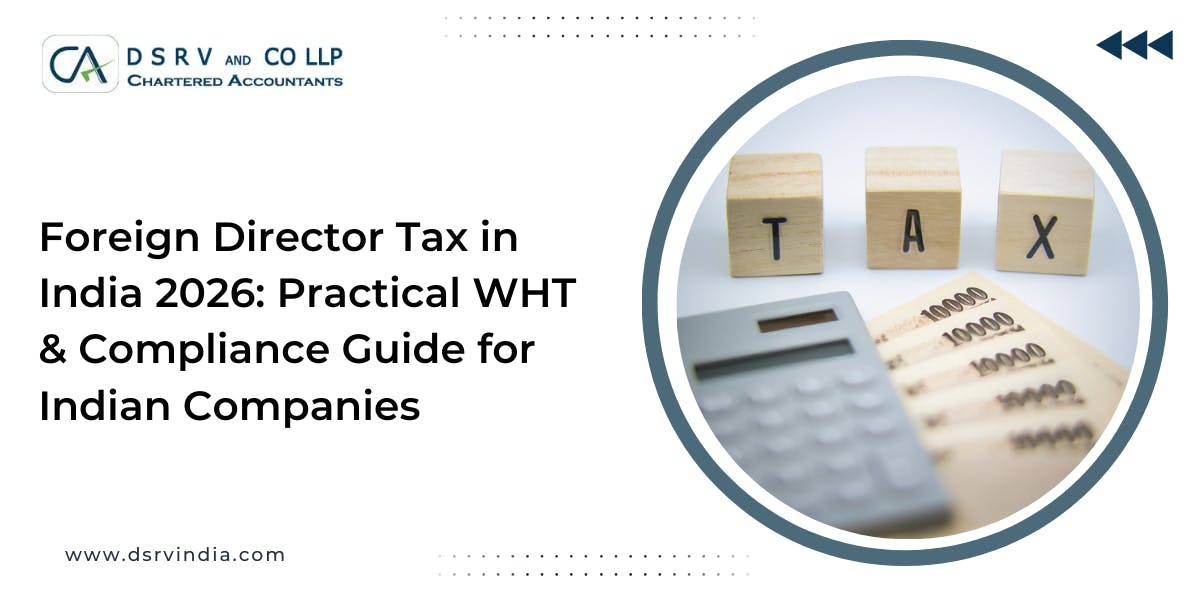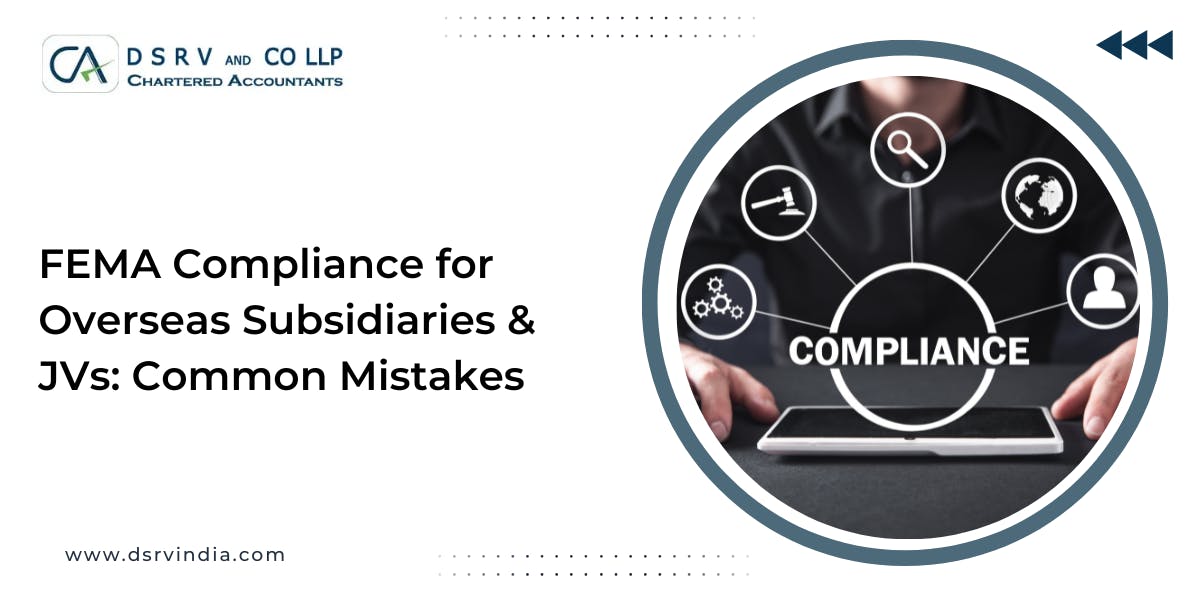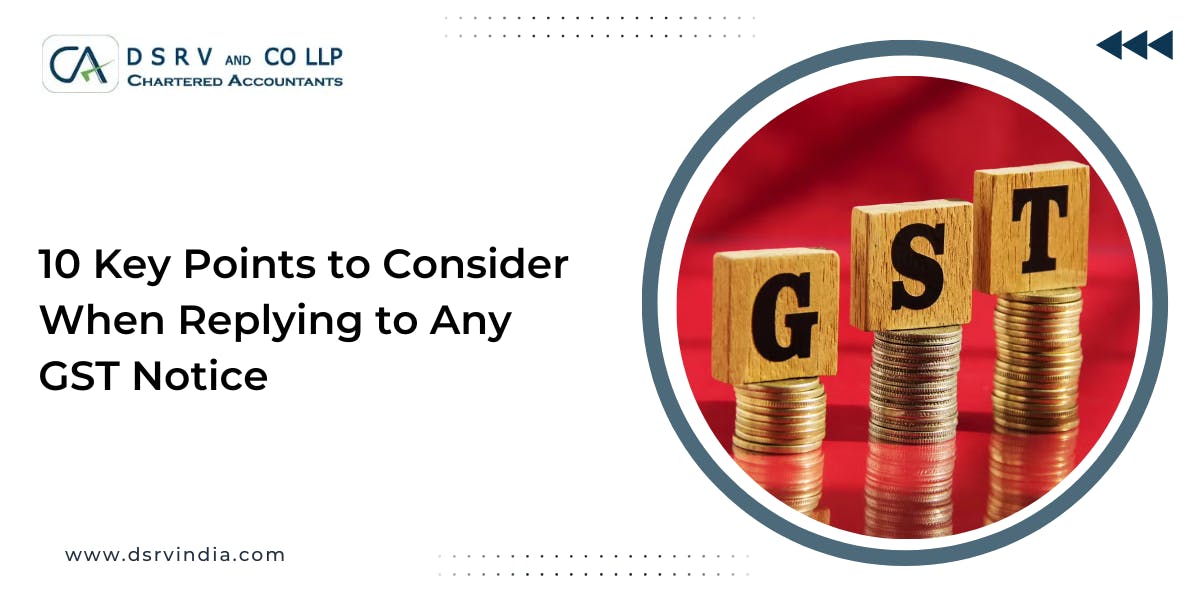Recommended: How To Register Trade License Registration In Gurgaon Haryana
What is a trademark registration?
A trade mark is a unique identification mark that helps consumers identify the brand of goods and services, to help them distinguish different brands in the market from one another. Under Section 2(1)(zb) of the Trade Marks Act, 1999, it is defined as the mark which is graphically represented on products to be capable of distinguishing goods and services of one party from another.
The legal process of attaining a mark, logo, or symbol for any good or service is known as trademark registration. It helps the business owner of the goods or services gain exclusive rights to use a trademark. This means your trademark will be protected by law and order, so if any business unethically tries to use the registered mark without permission, it will face repercussions from the government.
Benefits of Registering Trademark
The key benefits of registering your trademark are listed below:
1. Authenticity
A registered trademark makes the brand look authentic and allows your brand to appear more trustworthy. It also helps customers find your business more easily and distinguish your goods and services from competitors.
2. Legal protection
By registering your trademark, you gain exclusive rights over your brand logo and receive protection from law and order. The registration only needs to take place once and can be renewed every 10 years.
3. Commercial Asset
Your brand will be recognised by customers and other competitors, which makes it a commercial asset. In the future, if any chance arises where businessmen or international players wish to own your business, you can sell your business for a high price.
Who Can Apply For Trademark Registration?
The owner of the trademark can apply for a trademark registration. The applicant may be any individual, a company or an LLP, and may apply for the trademark as the owner of the business. Once the registration process is complete, the applicant will be legally declared owner of the trademark.
Read Also: Avoid These Common Pitfalls: A Guide to Smooth Company Registration in Gurgaon
How To Register Trademark in New Delhi
Step 1: Choose a trademark and trademark class
The trademark needs to be a unique mark. It will represent your business and the products or services you will be selling. Sections 9, 11, 13 and 14 of the Act elaborately explain the criteria of what marks are acceptable and what may account for refusal. Business owners need to be aware of all the rules and regulations concerning this.
Moreover, you will be required to choose from 45 classes of goods and services to register your trademark. Classes 1-34 are for goods and classes 35-45 are for services. For example, if your company provides advertising services, then your mark will be registered under class 35 of trademarks.
Step 2: Trademark Search
It is important to conduct a trademark search to ensure your mark is unique to your brand and is not similar to an already existing trademark. You can manually search the online website of the Controller General of Patents, Designs and Trademarks. There is an option to search based on the class of your business, where you can look up their online database.
DSRV India can effectively provide you with legal services to help eliminate any possibilities of such cases arising and ensure your business will not make a trademark which would face any objections. Our team can guide you through the entire process and help you with the search.
Step 3: Prepare Documents
To fill out your trademark application, you will be required to include these details:
1. Your Details: Name, address, nationality and so on.
2. Proof of Business and Business Type: Identity proof of the company’s director and address proof of the business, and whether the business is handled as an Individual, company or LLP.
3. Trademark Details: A graphical representation of the business with name, tagline and logo.
4. Class and Description of Goods/Services: The type of class your business will be registered under.
5. Power of Attorney: Form TM-48 signed and submitted by the applicant.
Step 4: Filing the application
In this step, you will be required to file your trade mark application in the trade mark office in New Delhi or the online TM-A form. Section 18 of the Act talks about the application process. The application is to be written to the registrar, and a single application can be filed for different trade mark classes for a trade mark. If the form is filed through a trade mark agent or attorney, then the power of attorney needs to be filed through Form TM-48.
Step 5: Examination of Trademark Application
The application undergoes a formal examination by the Trademark Office in New Delhi or online, depending on the mode of application. The examiner reviews the application and checks whether everything in the form complies with the Trademark Act of 1999.
In this process, your application may face objections or additional information may be requested. You will need to respond to all the objections within a given time frame to move forward in the registration process.
Step 6: Publication in the Trademark Journal
The trademark is published in the Trademark Journal if the application clears the formal examination. If there are no objections to your trademark from any party within 4 months from the date of publication, then it will proceed towards acceptance for the issuance of the Trademark Registration Certificate.
Step 7: The Trademark Registration Certificate Issuance
The Trademark Registrar will issue a Certificate of Registration after all rounds of the application are cleared. This will grant you legal rights and protection to use the trademark for the goods and services of your business.
Read More: The Impact of GST on Corporate Taxes in India: A Comprehensive Analysis
Conclusion
By registering your trademark as a company in Delhi, your brand will appear more authentic and will be set apart from your competitors. To stay ahead of the curve in the dynamic business world, it is important to have a unique image and voice within the marketplace.
So, do you need any further guidance in the registration process? Reach out to DSRV India for further assistance.








